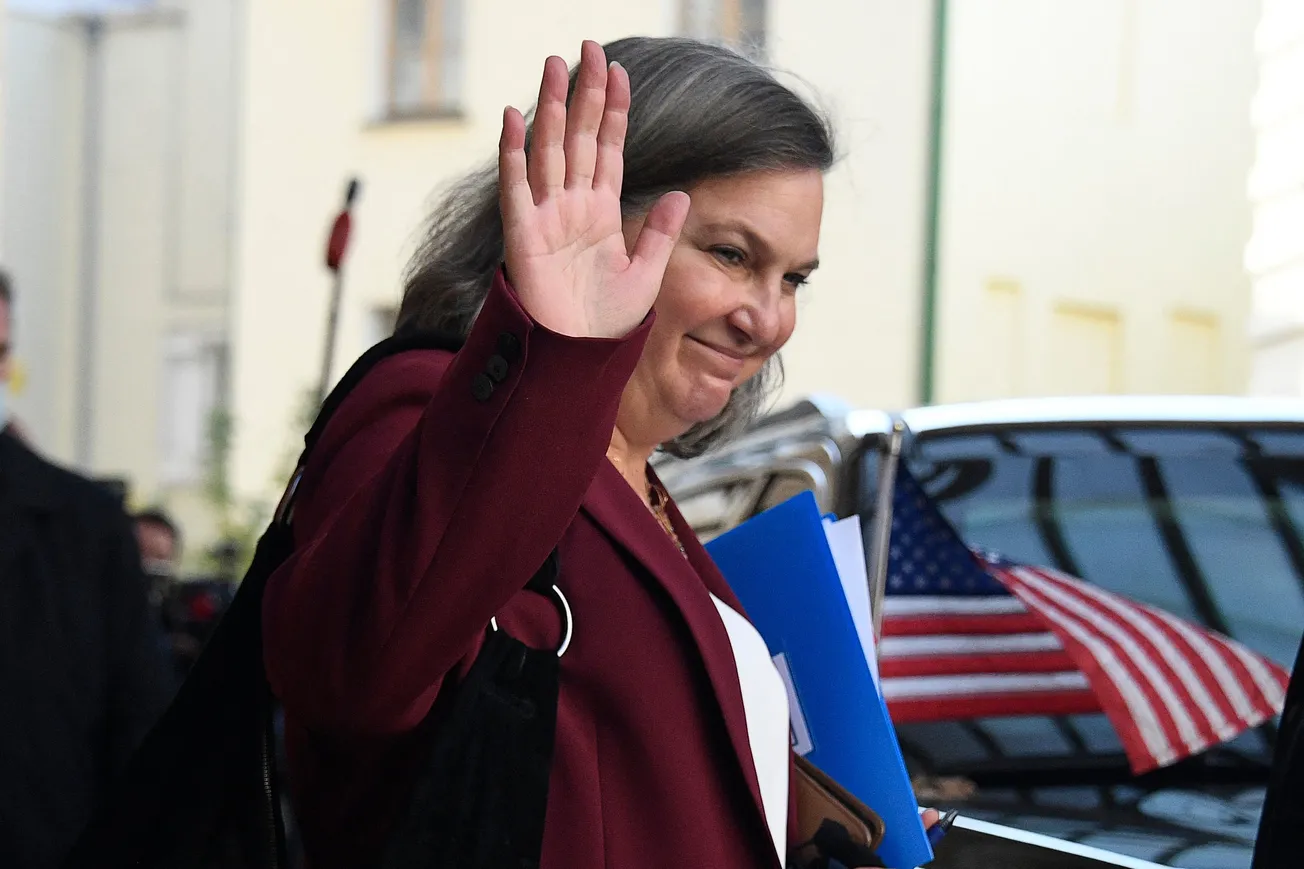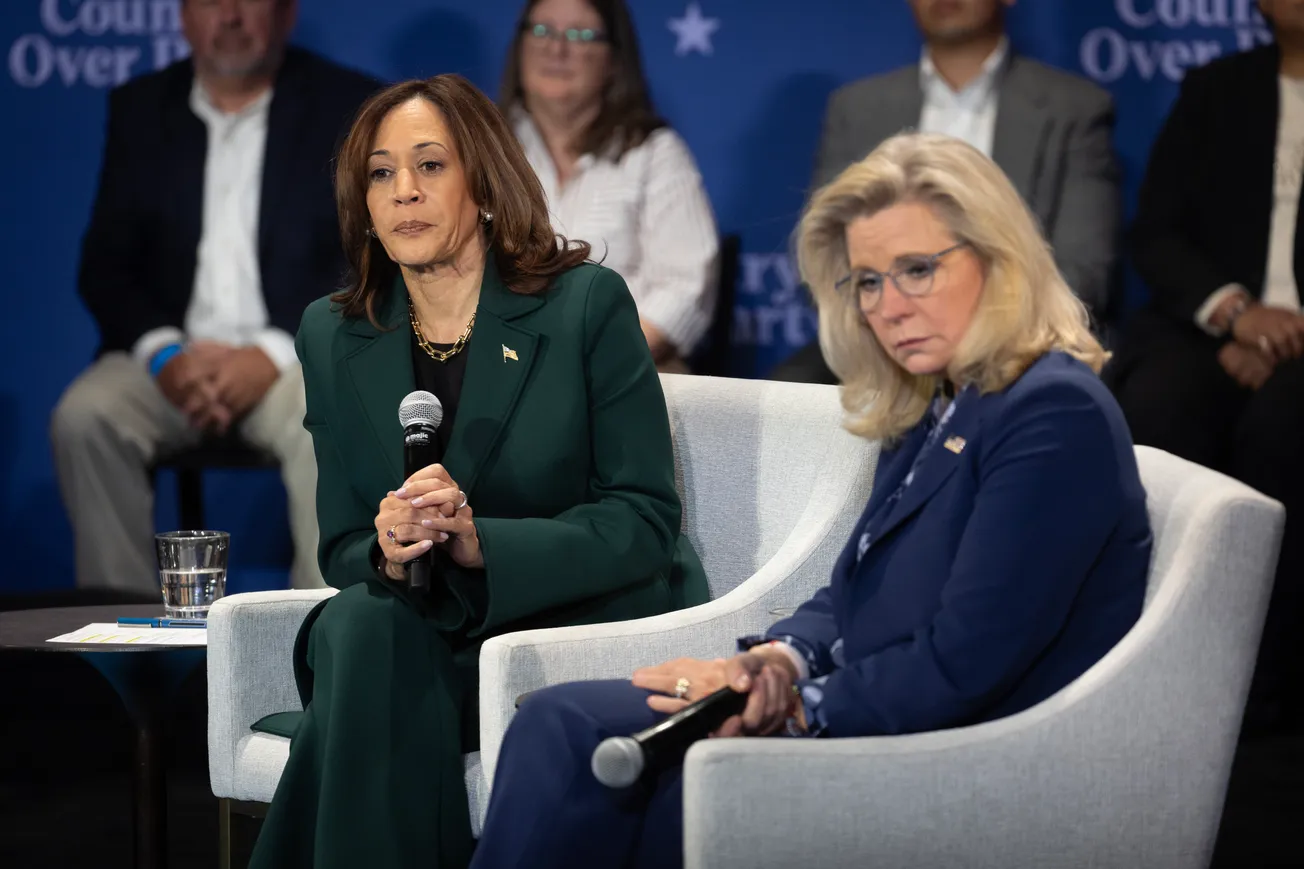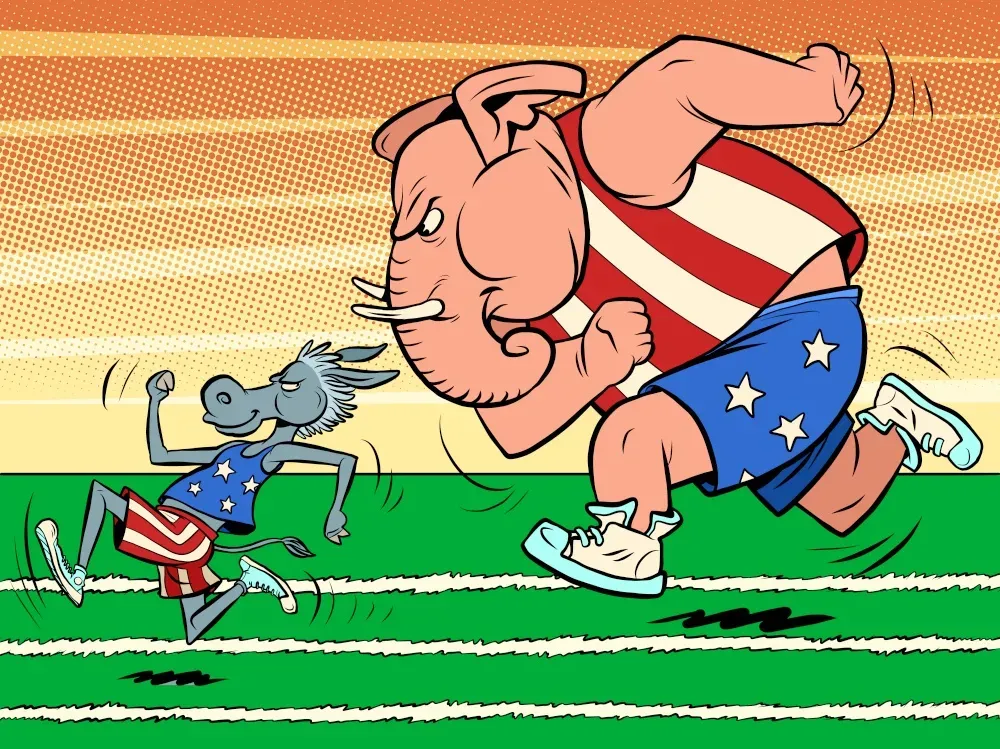Victoria Nuland, the third highest-ranking official in the State Department and a skilled foreign-policy activist in the Biden administration with an excellent sense of timing, announced on Super Tuesday that she was stepping down.
As Under Secretary, she was the leading voice running American foreign policy in Ukraine, and as an expert on Russia and Ukraine for decades, her views were largely unopposed during both the Obama and Biden years.
Her current boss, Secretary of State Antony Blinken, acknowledged her contributions the same day:
But it's Toria's leadership on Ukraine that diplomats and students of foreign policy will study for years to come. Her efforts have been indispensable to confronting Putin's full-scale invasion of Ukraine, marshaling a global coalition to ensure his strategic failure, and helping Ukraine work toward the day when it will be able to stand strongly on its own feet – democratically, economically, and militarily.
Blinken, a sweet-talking diplomat who can sell ice to an Eskimo, was grossly exaggerating Nuland's successes as America's #1 diplomat in Ukraine. Far from ‘confronting Putin's invasion and marshaling a global coalition,’ Nuland has done just the opposite.
Her performance in Ukraine has been a disaster. On November 10, 2021, she convinced Blinken and National Security Adviser Jake Sullivan to persuade President Biden to enter into a strategic security agreement with Ukraine with an entire section devoted to countering Russian aggression that had not yet happened.
Nuland refused to listen to Russia's protests in Geneva in December 2021 - that Ukraine joining the Western security alliance would be an existential threat to Russia. When a frustrated Russia invaded Ukraine in February 2022, Nuland cried foul and, by architecting an aggressive American and Western response, helped scuttle peace talks two months after the war started. Russia and Ukraine had met in Istanbul and were close to inking a peace deal when then U.K. Prime Minister Boris Johnson, under Biden administration guidance, persuaded Zelenskyy to walk away.
Nuland liked to frame Russia's actions as unprovoked. The corporate media merrily went along, never discussing, as we have repeatedly done on these pages, the critical moments during the three months leading to the war - and going back to 2014.
After nearly $200 billion in arms shipments, training, logistics, and strategic support, Ukraine has mounted a valiant effort to thwart Russian advances. But the costs to Ukraine and the world have been extraordinary. We ran an editorial cataloging the conflict's costs six months after the war started. Many costs today are far worse - all thanks to Nuland's policies.
Meanwhile, Russia continues to advance in Ukraine. According to the Harvard Kennedy School's Russia-Ukraine War Report Card in December 2023, Russia occupied about 20% of Ukraine, nearly 9,000 square miles more than before the Feb 2022 invasion.
Contrary to Blinken's hope that Nuland has helped Ukraine work toward the day when it can stand firmly on its own– democratically, economically, and militarily - Ukraine continues to be critically dependent upon foreign aid. So desperate is Ukraine that President Biden practically opened his State of the Union speech admonishing the House whose guest he was for not passing the $60 billion Ukraine aid bill. Social media commentary mocked Biden by replacing the word "Union" with "Ukraine."
Even if the war were to stop today, Ukraine would need more than $600 billion in reconstruction funds. Leveraging Russian assets frozen by the West would violate international law and be hypocritical, given how the West has charged that Putin violated the rules of global order when he invaded Ukraine.
Two wrongs don't make a right. Other than uniting European and G-7 countries into a strong coalition, Nuland's aggressive policies have soured relations with the world's most populous nations, including India, China, the Middle East, Brazil, South Africa, and many African countries. America's global standing has significantly weakened as a result and would do so further if the West usurped Russian funds for Ukraine's reconstruction without Moscow’s approval.
Blinken alluded to Nuland's "leadership on Ukraine that diplomats and students of foreign policy will study for years to come." Our take on Nuland's leadership is that students of foreign policy should do precisely the opposite of what Nuland did.
America has continuously meddled in Ukraine since 2008, and Nuland has been the architect of this policy. A leaked phone call between Nuland and the U.S. ambassador to Ukraine, Geoffrey Pyatt, on January 28, 2014, the transcript of which was captured by the BBC, showed how shockingly deep America's interference in Ukraine was. This call was about personnel decisions at the highest levels of Ukraine's government, about which opposition Ukrainian leaders should join the then-pro-Russian government in Ukraine under President Yanukovych.
Nuland: Good. I don't think Klitsch should go into the government. I don't think it's necessary; I don't think it's a good idea.
And later:
Nuland: [Breaks in] I think Yats is the guy who's got the economic experience, the governing experience. He's the... what he needs is Klitsch and Tyahnybok on the outside. He needs to be talking to them four times a week, you know. I just think Klitsch going in... he's going to be at that level working for Yatseniuk, it's just not going to work.
And as the call comes to an end:
Nuland: So, on that piece, Geoff, when I wrote the note, [U.S. Vice President's national security adviser Jake] Sullivan came back to me VFR [direct to me], saying you need [U.S. Vice President Joe] Biden. I said probably tomorrow for an atta-boy and to get the deets [details] to stick. So Biden's willing.
A few weeks later, Nuland, Sen. John McCain, Lindsey Graham, and Chris Murphy openly supported the Kyiv Maidan Revolution, resulting in President Yanukovich's ouster and his bolting to Moscow. McCain has passed away, but all the remaining characters remain as policy leaders in Washington continuing to press for more war against Russia.
As a Russia hawk, Nuland has driven America's policy against Russia at every turn. With her gone, with the House reluctant to pass Ukraine aid legislation, and with Trump leading in the polls, her interfering and war-mongering legacy at State has finally come to an end.
And Americans should be thankful now that peace - finally - stands a chance. The world needs it more than ever before.
Related:
Is Ground Beneath Biden’s Russia Policy Shifting?
Senior US diplomat at center of pro-Kremlin conspiracy theories to step down









